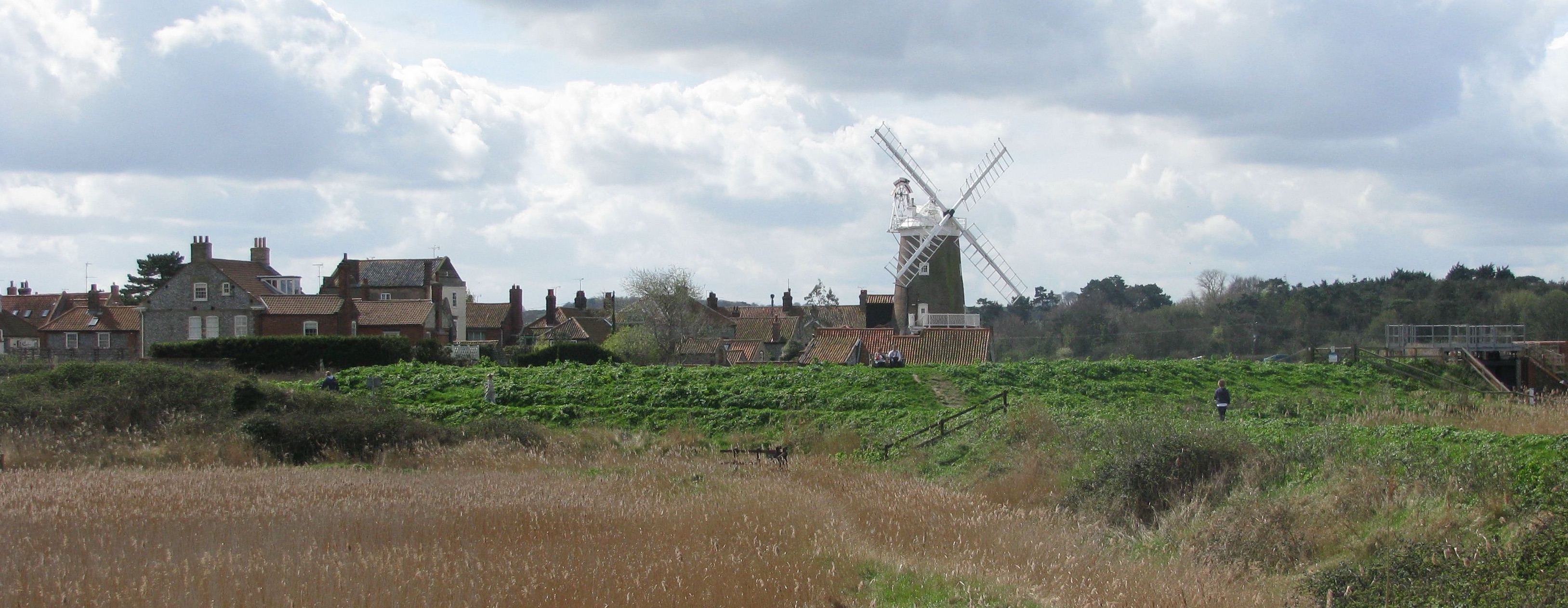Climate risk screening and assessment provide a starting point for the identification and prioritisation of adaptation responses and measures. Screening typically identifies aspects of human development or ecological systems that are vulnerable to climate hazards and their impacts. This may or may not involve the use of climate data. Climate risk assessment involves a more detailed examination of how ecosytems, infrastructure, economic activities, and other aspects of development may be affected by climate change and associated hazards and impacts. Risk assessments may be undertaken for an individual location, system, activity, or piece of infrastructure, or for an entire sector, region or even country. Risk assessments will identify and characterise specific risks to particular populations and/or assets, and identify a sets of potential adaptation options which can then be assessed and prioritised for implementation.
Risk assessments are often based on a combination of climate data analysis and the modelling of key systems or sectors such as water, agriculture, or transport, and can be highly technical in nature. However, they can also be carried out where such analysis is impractical, for example due to a lack of data, time, finance or technical capacity. In such contexts, risks can be assessed by considering how different systems, activities and assets might be affected by a range of uncertain but plausible future scenarios. Such assessments are informed by an understanding of climate science, but are not data or model driven. Participatory risk assessments can blend scientific understanding of climate hazards and impacts with people’s own experience of hazards and impacts, and with their priorities and visions for the future. We believe that risk assessments – like adaptation responses – need to be ‘owned’ by those affected by the risks in question, so they are empowered to understand and respond to risks as they evolve.
At Garama, we are piloting novel approaches to climate risk assessment that engage stakeholders in ‘what if’ scenarios of plausible future change, including at the local level here in Norwich. Our aim is to encourage stakeholders to identify possible responses to evolving and new climate hazards and their impacts, and to identify adaptation pathways that address near-term priorities while leaving the way open to address future adaptation needs. Our role in such contexts is to act as a facilitator and knowledge broker, framing and guiding assessments while avoiding top-down, overly technocratic approaches, in order to enable participatory approaches that are accessible, transparent, and user-led.
Other examples of our work on climate risk assessment include our contribution to the Sahel Climate Risk Report published in 2022 by the UK Met Office and ODI, and a recent scoping of information for climate risk assessment in Ethiopia.
Climate risk screening and assessment has been a major theme in our training courses.
